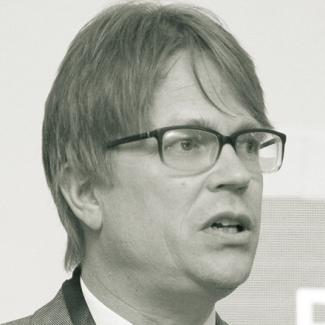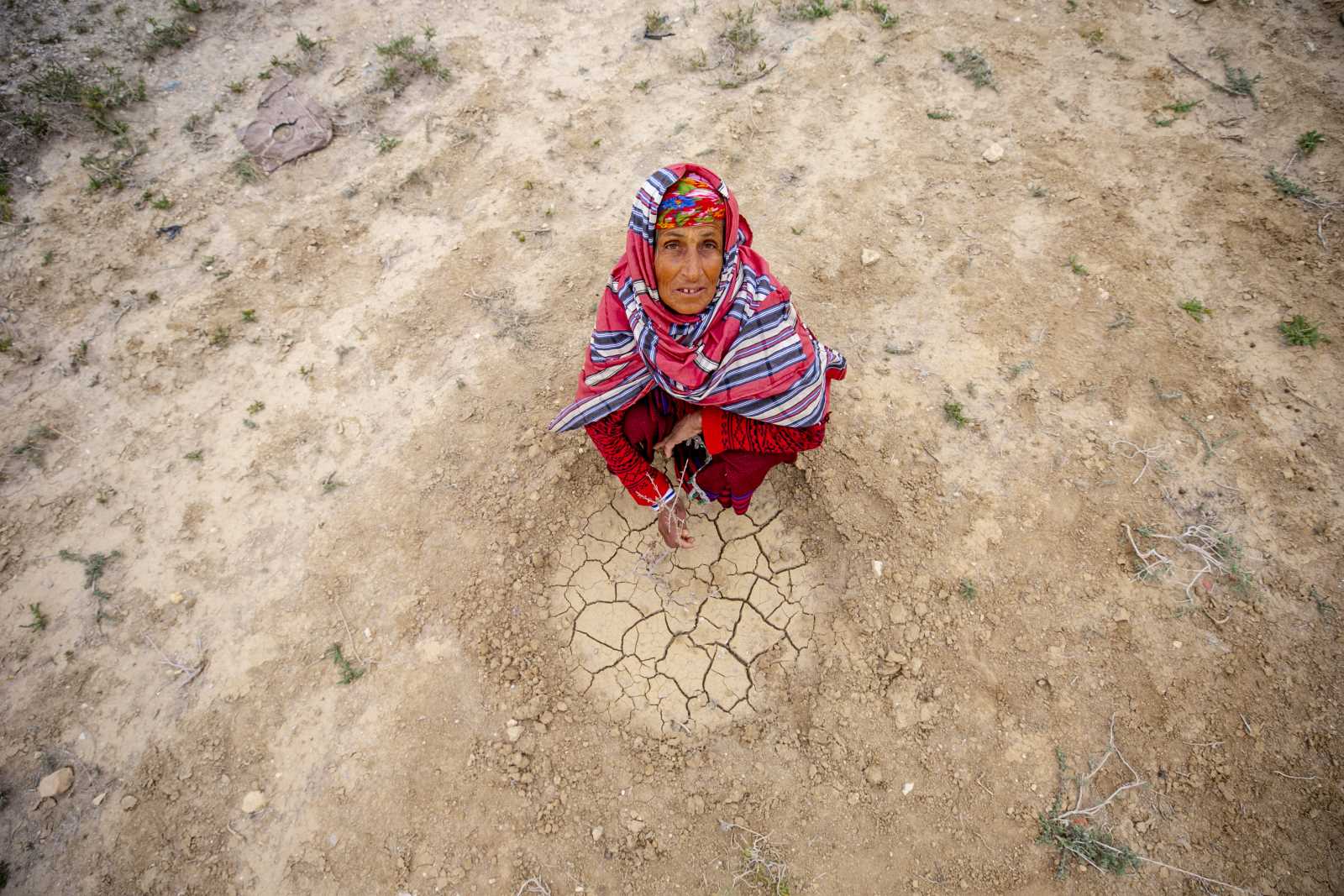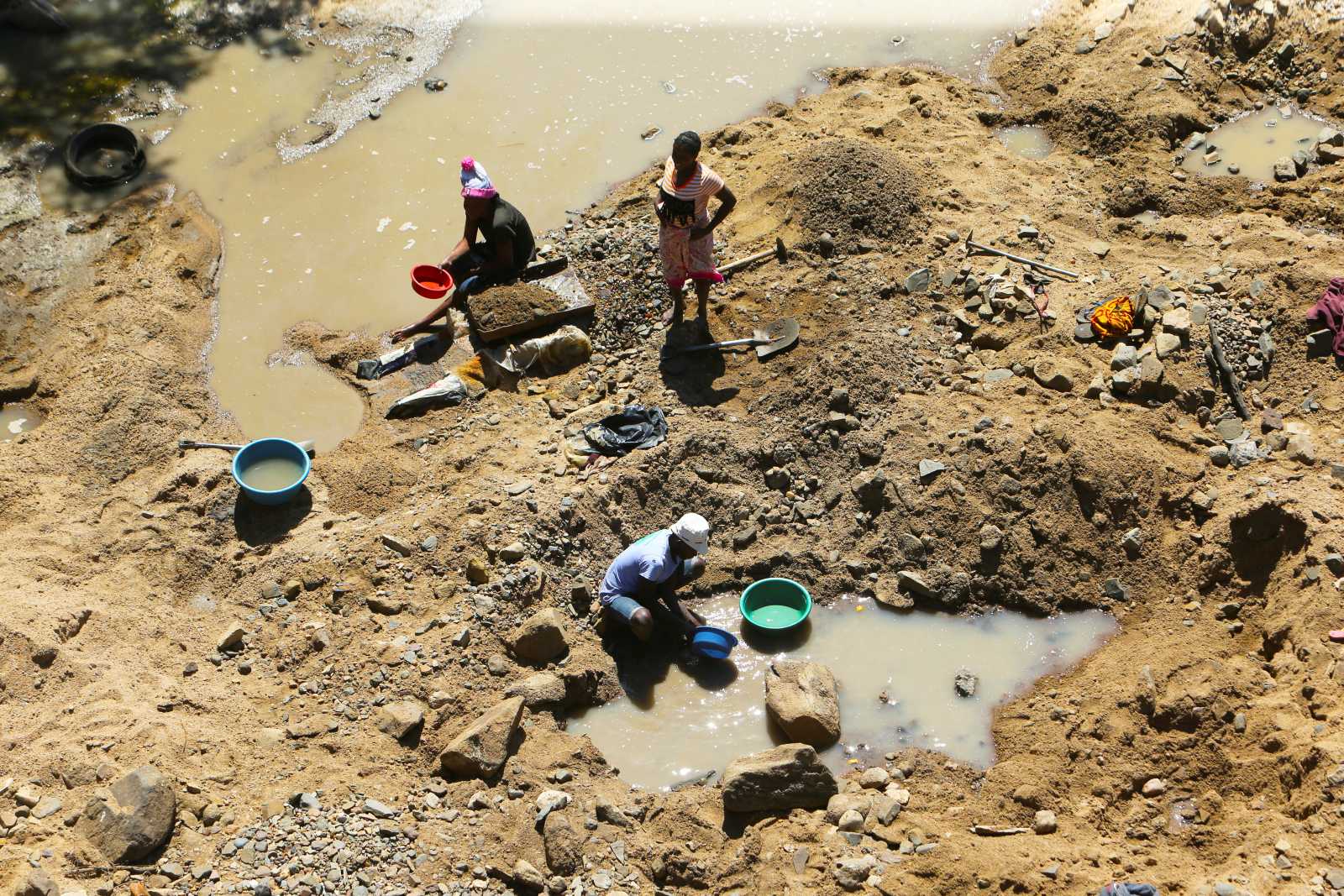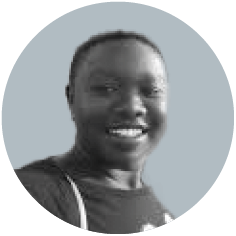The project “Knowing water better”
Distribute water equitably
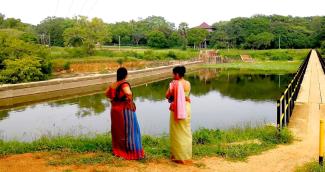
The project worked from 2019 to 2022 in Rwanda, Senegal and Sri Lanka, as well as on the global level. It evaluated water resources using an integrated approach and provided valuable information for decision-makers as well as farmers.
At the global level, KnoWat and its international partners launched a webinar series on water tenure, the “Water Tenure Mondays”. They also organised various events on the topic. At the country level, KnoWat cooperated with authorities in the water and agriculture sector as well as civil society, academia and farmers’ organisations. The primary goal was to equitably and sustainably manage scarce water resources and ensure food security for the local people.
In order to achieve this goal, it is important to be aware of available water resources and their use, as well as the formal and customary rules that determine how water is allocated. The project also analysed water productivity – the amount of water used per unit of yield – in agriculture.
Water use in Rwanda, Senegal and Sri Lanka
Local partners observed water tenure systems in Rwanda, Senegal and Sri Lanka. They discovered, for example, that wells that were built with state funding in Rwanda do not necessarily have a use permit from the water authorities. However, users often mistakenly assume that they do, given the funding source. Closer collaboration between authorities could prevent such issues.
In the Senegal River delta, traditional laws regulate farmers’ and fishers’ access to water. However, they are in conflict with the authorities’ water allocation, which prioritises large areas for rice cultivation. Traditional agriculture on seasonally flooded land is being severely restricted by the construction of dams, threatening the livelihood of smallholder farms. Very few users have permits from the water authority. Permits cannot be obtained locally, but only in Dakar, the capital. They are also expensive to retain.
In the Malwathu River basin in Sri Lanka, multiple institutions regulate access rights to surface water, groundwater and irrigation infrastructure. Their jurisdictions overlap, however. This problem has led to confusion, reduced supply security and a heightened risk of conflict for users. In all three countries, formal and informal water tenure systems coexist.
KnoWat shows that an analysis of such systems must take into account all users as well as formal and customary legal systems. It can then identify vulnerable groups, highlight conflicts and serve as a basis for more inclusive water policies.
Links
Knowing water better (KnoWat):
https://www.fao.org/in-action/knowat/en/
Water Tenure Mondays Webinar:
https://www.fao.org/in-action/knowat/resources/water-tenure-mondays/en/
Benjamin Kiersch is an environmental engineer. From 2019 to 2022, he directed the FAO project “Knowing water better – towards fairer and more sustainable access to natural resources”, funded by Germany’s Federal Ministry of Food and Agriculture.
benjamin@kiersch.com
